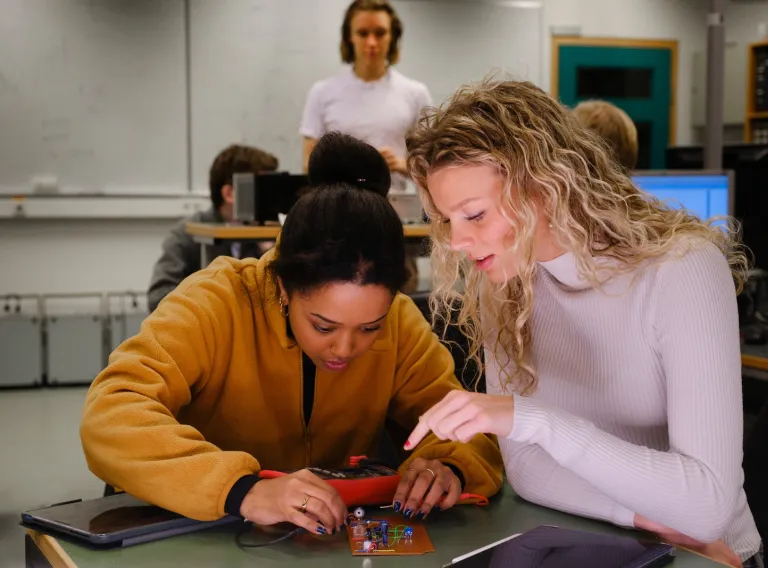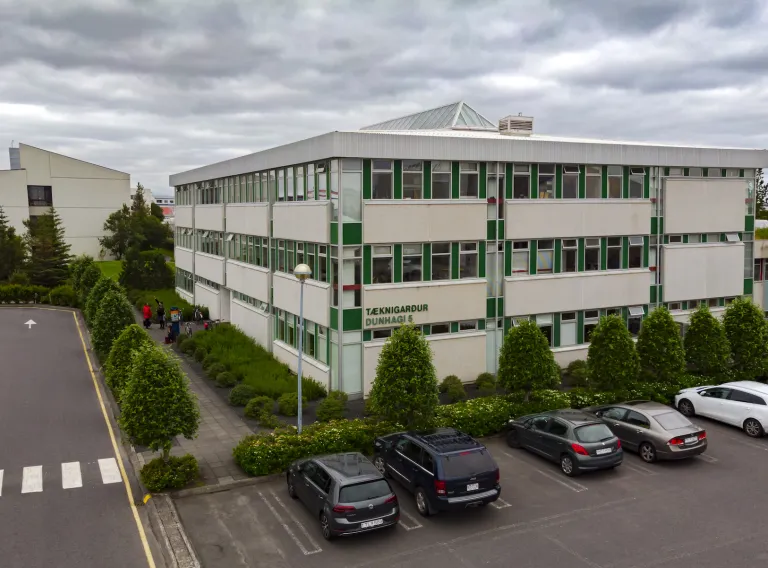
Changes may occur for the autumn semester in August and September and for the spring semester in December and January. You will find your final timetable in Ugla when the studies start.
Note! This timetable is not suitable for planning your work schedule if you are a part-time employee.
Please note that this timetable does not show tutorial lectures or practical classes. They appear on Ugla, the University's internal website. Each student attends only one tutorial lecture and one practical class (discussion group, lab exercises) for each course.


